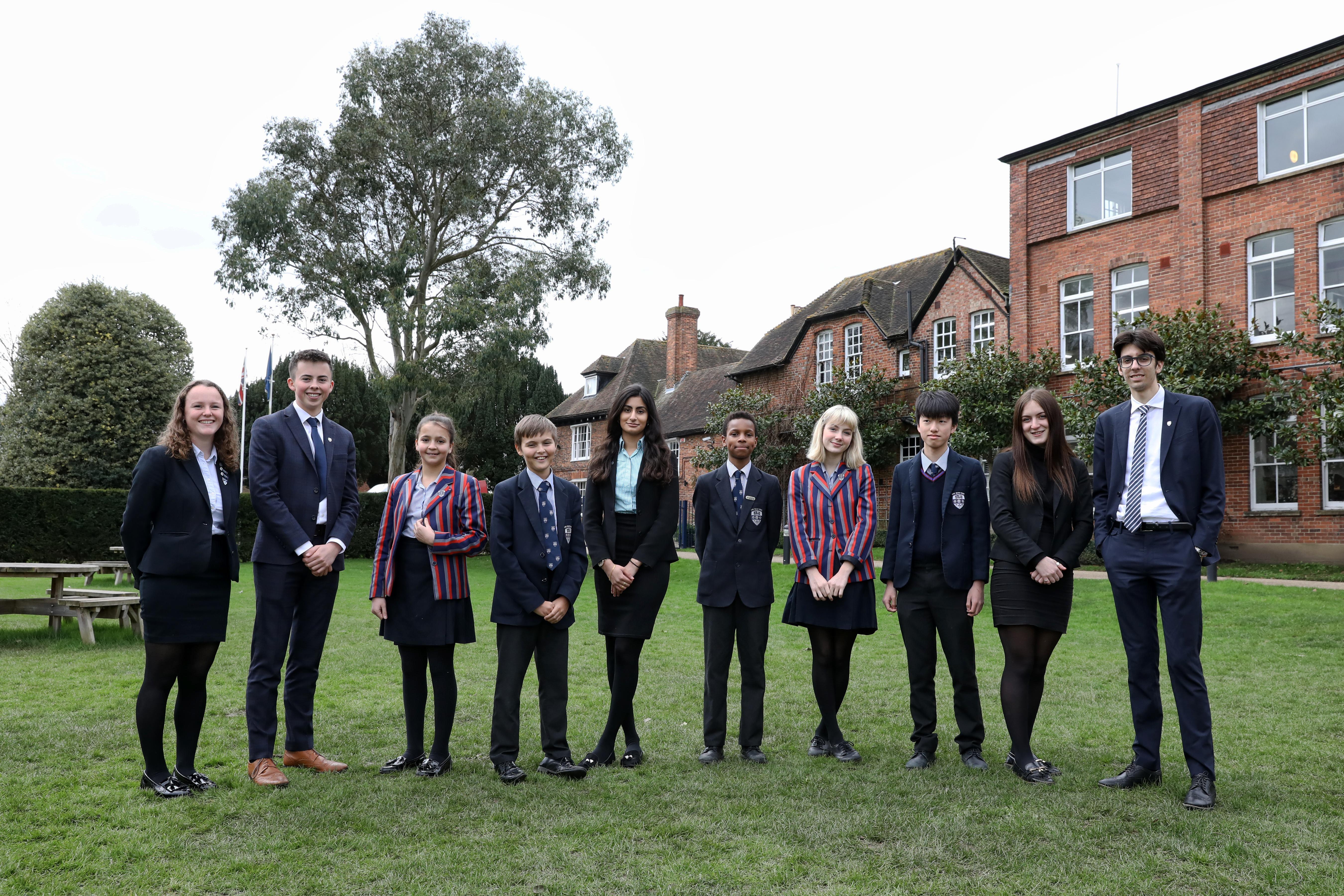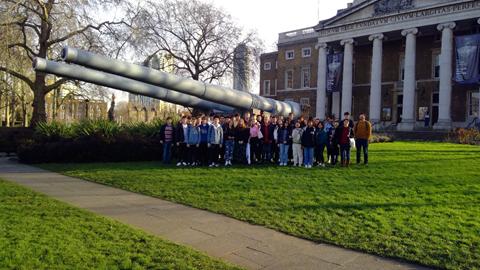
3 minute read
Religious Studies
History Board: AQA Specification: 8145 Why study GCSE History?
History allows students to think deeply about pervasive human and societal issues, and produces well-rounded, politically and socially-aware young people who can draw parallels between different eras and who understand the relevance of History to the present, allowing them to be active and informed citizens of the future. The worldly-wisdom it imparts is very good preparation for most workplaces and adult life in general, and crucial transferrable skills, such as distillation, evaluation, debate and persuasive writing are continuously strengthened as students discover and engage with the excitement and colour of past events.
Important information
We study four units in total, aiming to spend about 15 weeks on each unit. A range of different approaches is taken to lessons. Some will be discussion-based seminars, some will involve group work, or focused research on a specific enquiry question; some will be based on exam technique or the development of written skills. At GCSE, students begin to take greater responsibility for independent and group work and for meeting deadlines. The course is designed to be as accessible and supportive as possible, with a continued focus on building knowledge, subject-specific terminology and revision strategies. Booster sessions and drop-ins are also available for anyone who feels the need for a little extra support.
Entry requirements
The main requirements are enjoyment and interest, built up through studying History at KS3, as well as positive feedback and results in History assessments up to now. At the end of Year 9, if you have been at Ashford School, you will already have started the first GCSE unit of work on Health and the People. If you are joining from elsewhere at the start of Year 10, it is recommended that you research Medicine in the Ancient World. You should find out about Hippocrates in Ancient Greece, Galen in Ancient Rome and Roman sanitation systems. You can do this easily online and you should aim to make notes about what you discover.
Course Overview and Content
There are four main units in the new GCSE course, spread over two exams, each worth 50%. The units we have chosen to teach are varied, interesting and relevant to a lot of current national, global and political themes:
Paper 1: Understanding the Modern World (2 hours (50%)
a) Period Studies: Germany 1890-1945 (looking at newly unified Germany under its emperors; Germany in World War 1, the post-war settlement and Weimar democracy, the rise of Hitler, Germany under Hitler and during World War 2). b) Depth studies: Conflict and Tension 1918-1939 (looking at international relations in the period between the two World Wars, especially the Treaty of Versailles and the League of Nations).
Paper 2: Britain – Shaping the Nation (2 hours (50%)
a) Thematic studies: Health and the people, 1000-present (looking at health and medicine over time, and the individuals and factors shaping developments in science and medicine). b) British depth studies (including a local study of a specific site relating to the period studied) of Elizabethan England. The site for the local study changes every year and is chosen by the exam board.
Enrichment
We aim to conduct at least one trip per cohort of GCSE students, the focus of which is carefully chosen to augment what has been studied in class. Often, that trip will support the site study in Paper 2, and in recent years we have taken students to Ham House, Chatham Dockyards and the Royal Observatory in Greenwich for this purpose. In the summer of 2022, our chosen venues were in support of both modules within Paper 2, as we took Year 10 students to the Wellcome Galleries in Euston Road (Health and the People) and to the replica of the Golden Hind on the South Bank (Elizabethan England) where they undertook an excellent guided tour, bringing Elizabethan exploration to life.


Year 11 students at the Imperial War Museum, February 2020
Future pathways
Studying History is excellent training for any career where you are required to use evidence and persuasion or make decisions, especially where those decisions affect other people. These are the most popular career choices of History students, in order. Law Politics Civil Service Medicine Business Finance Accountancy Tourism Town planning Teaching Journalism Museum Curator / Archivist Research










